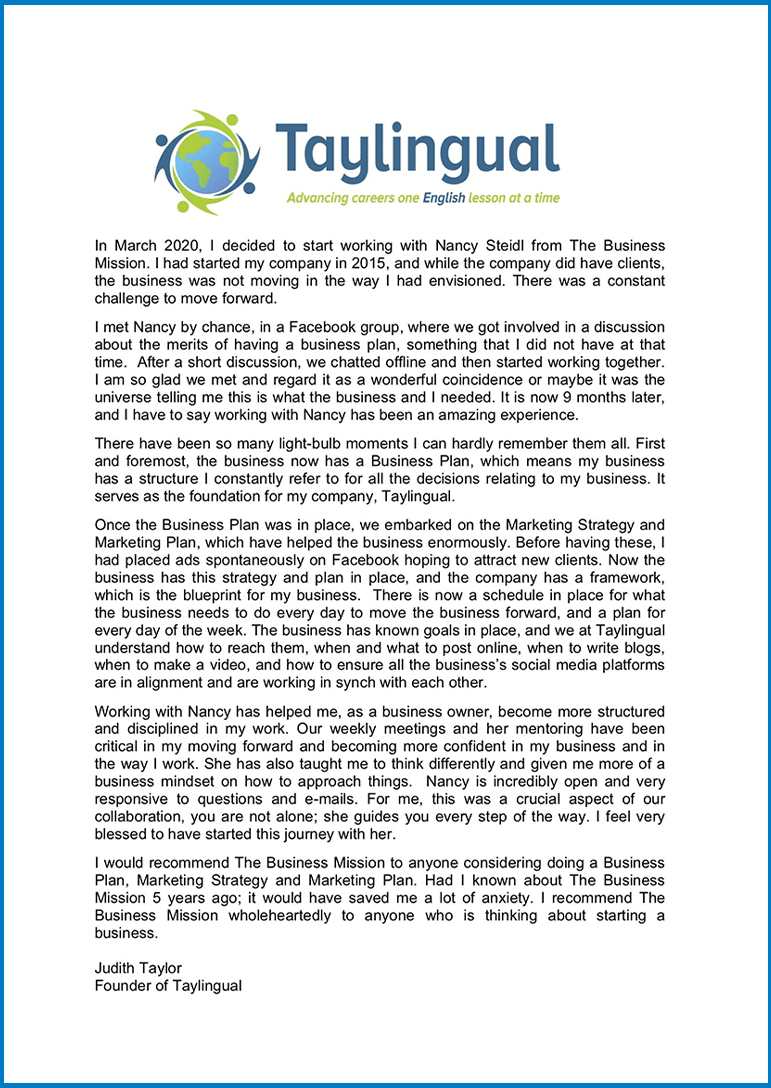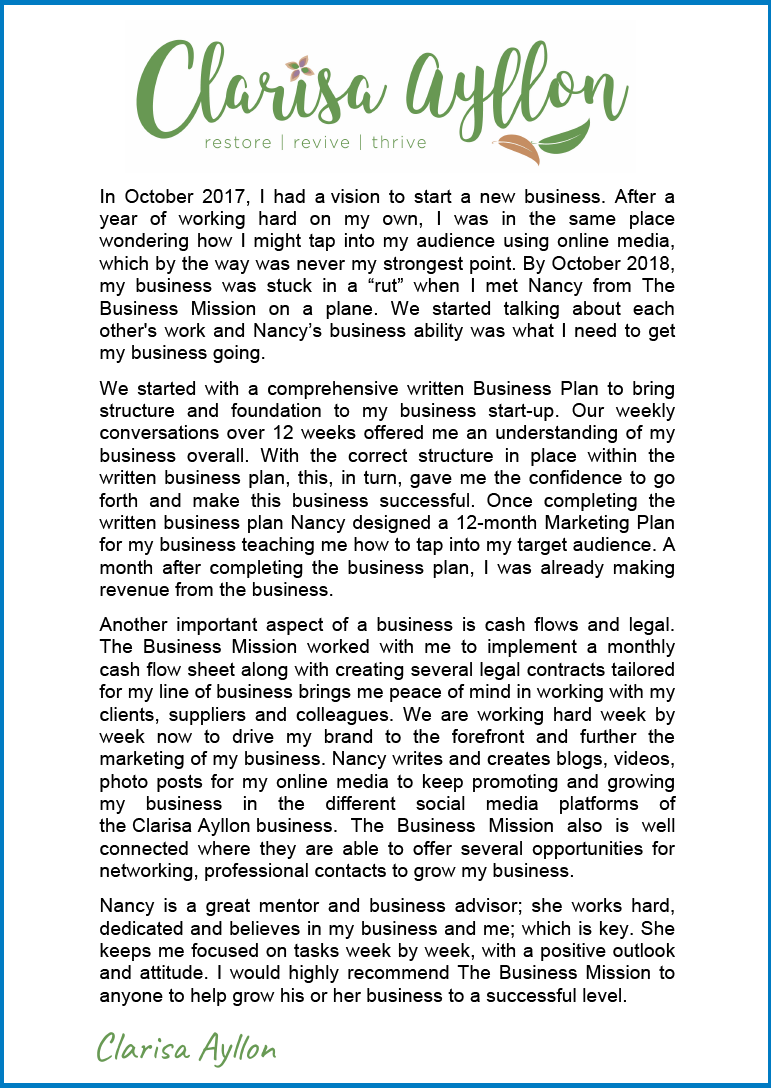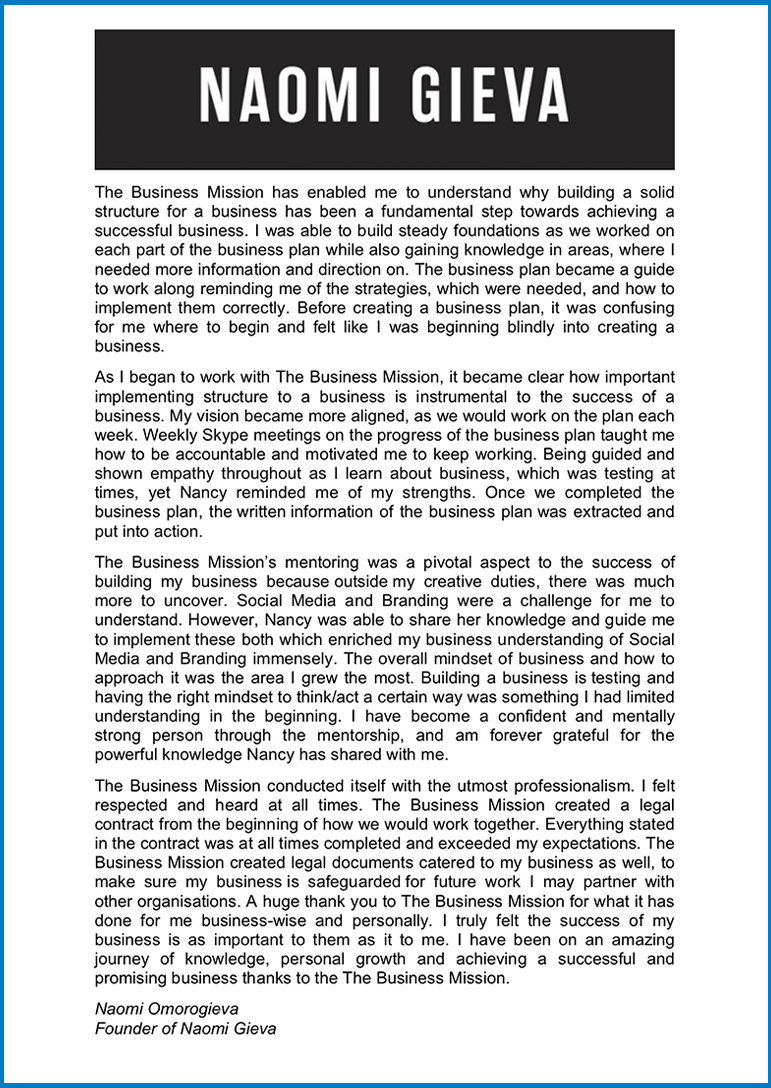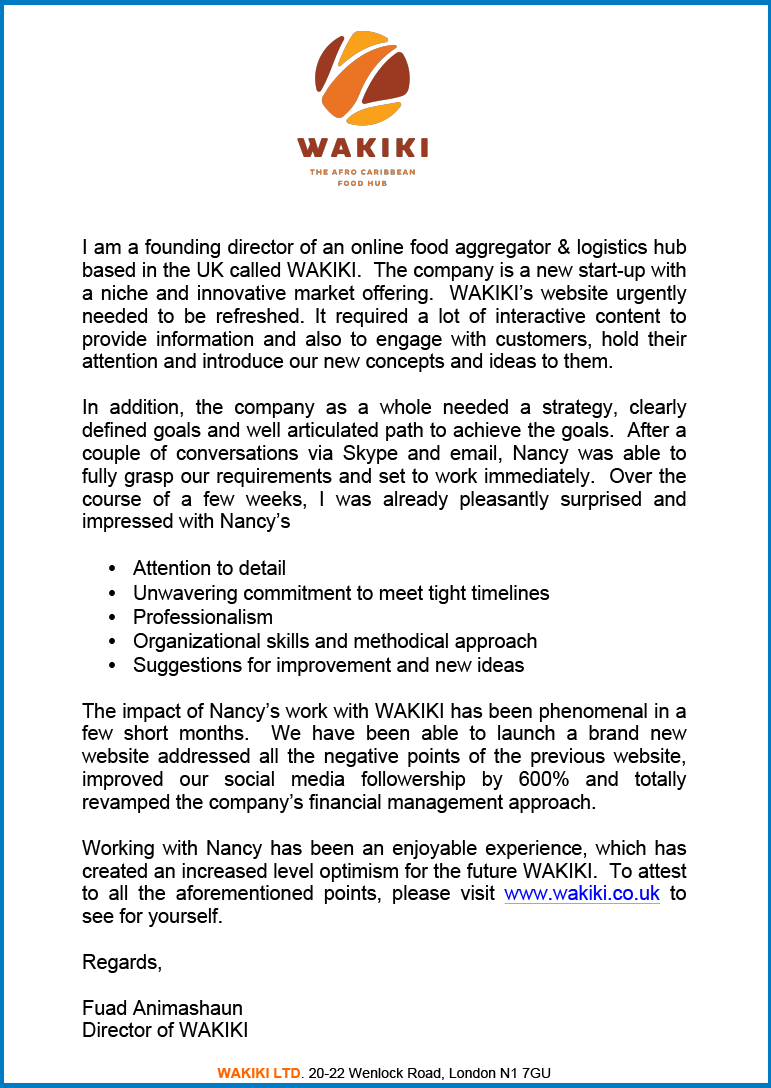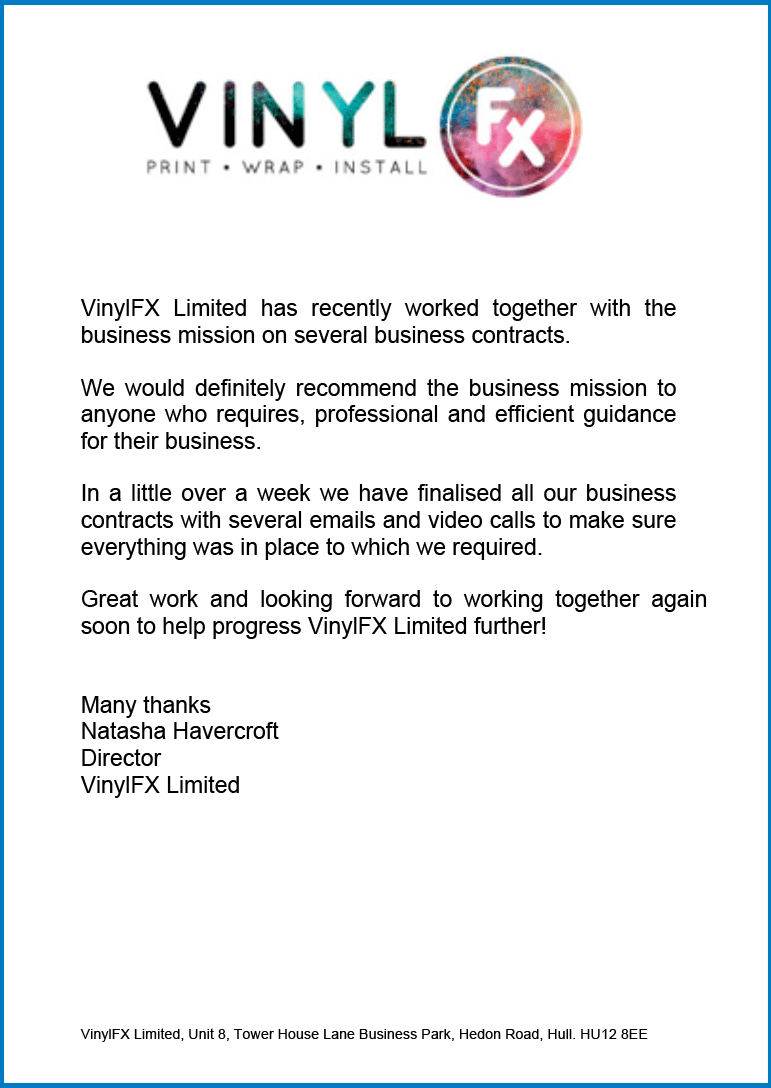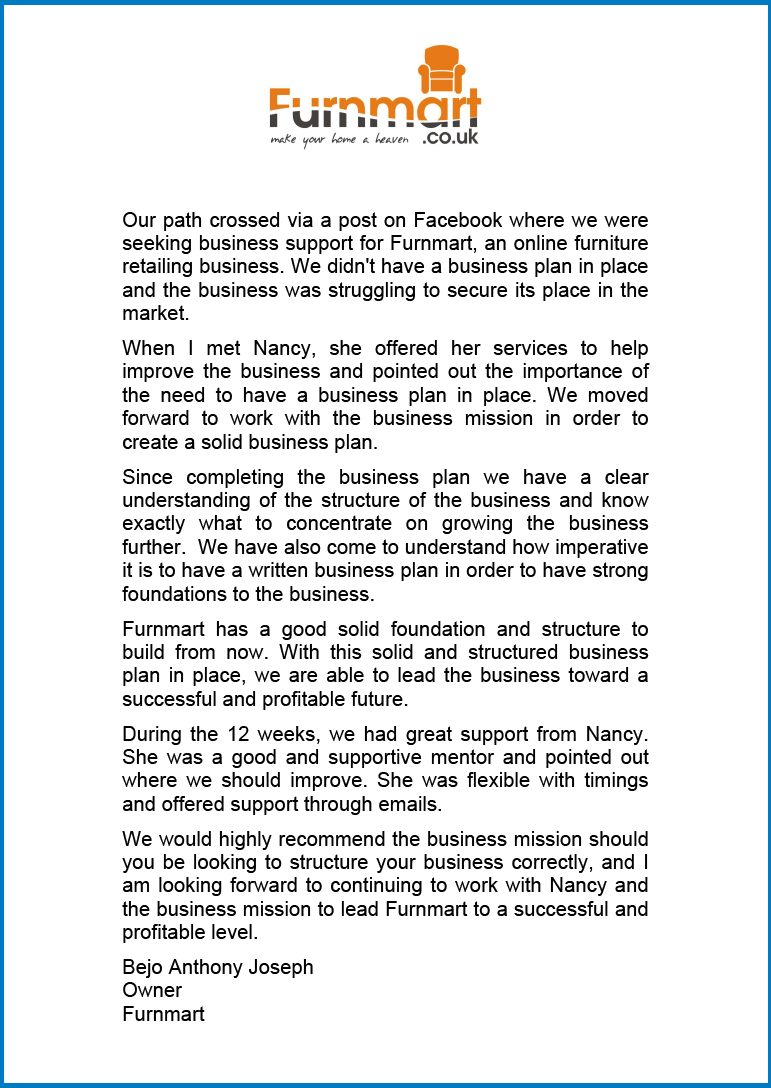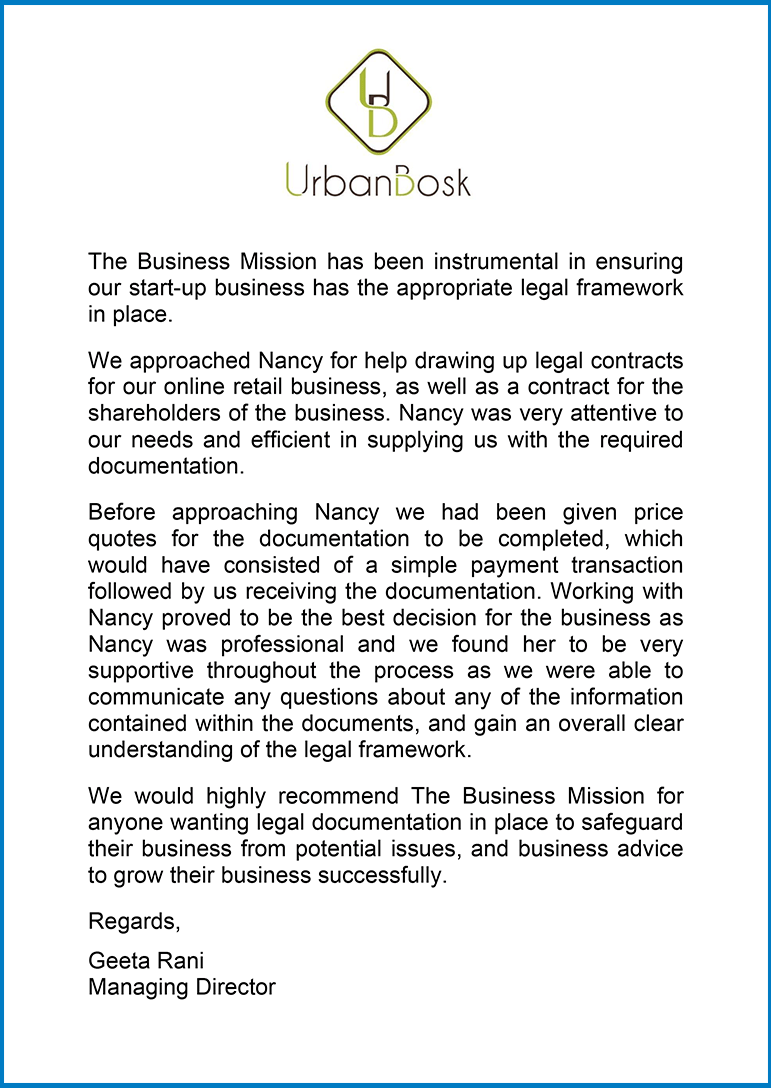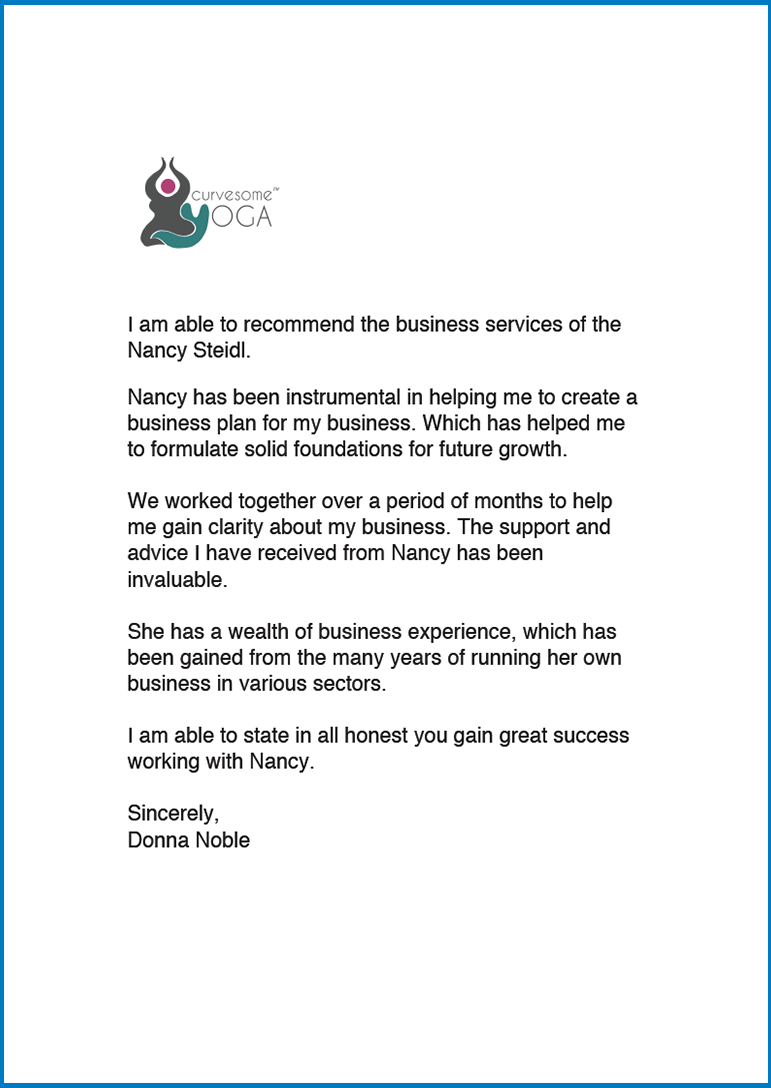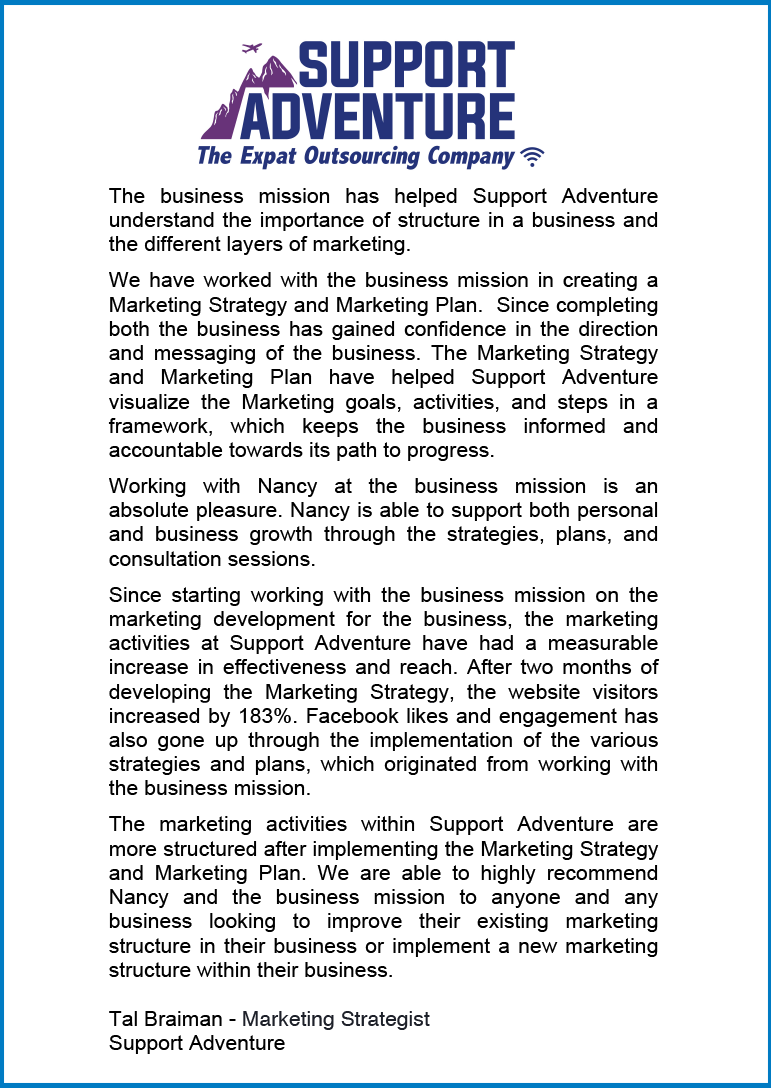Starting a business while employed by a potential competitor, or hiring employees without first checking their agreements with the current employer and their knowledge of trade secrets. The law is clear if someone is currently working for a company, particularly if her or she is a key employee, they cannot operate a competing business.
Even incorporating may spark a lawsuit from the current employer.
Would-be entrepreneurs should first go to their current employer and either resign or tell them what they’re doing and ask them if they’d be interested in investing. Amazingly, this is often a smooth way of ending that relationship. Under no circumstances should they misrepresent the nature of the new business.
Even after leaving the current employer, one still cannot use or disclose the company’s trade secrets. Under the so-called inevitable disclosure doctrine, if someone has been exposed to trade secrets at their job and leaves to work for someone else, and if their responsibilities in the new job are sufficiently similar, some courts will conclude that it’s inevitable they will use the information they had from the earlier position. They could face an injunction prohibiting them from working for the new employer until a number of months go by and whatever trade secrets they had are stale.
It also helps to know whether potential recruits are subject to covenants not to compete. One should also check to see what assignments of inventions might have been signed. Personnel files should be reviewed, and recruits should check theirs, to be certain a covenant not to compete or an assignment of inventions wasn’t tucked into a signed non-disclosure agreement.





